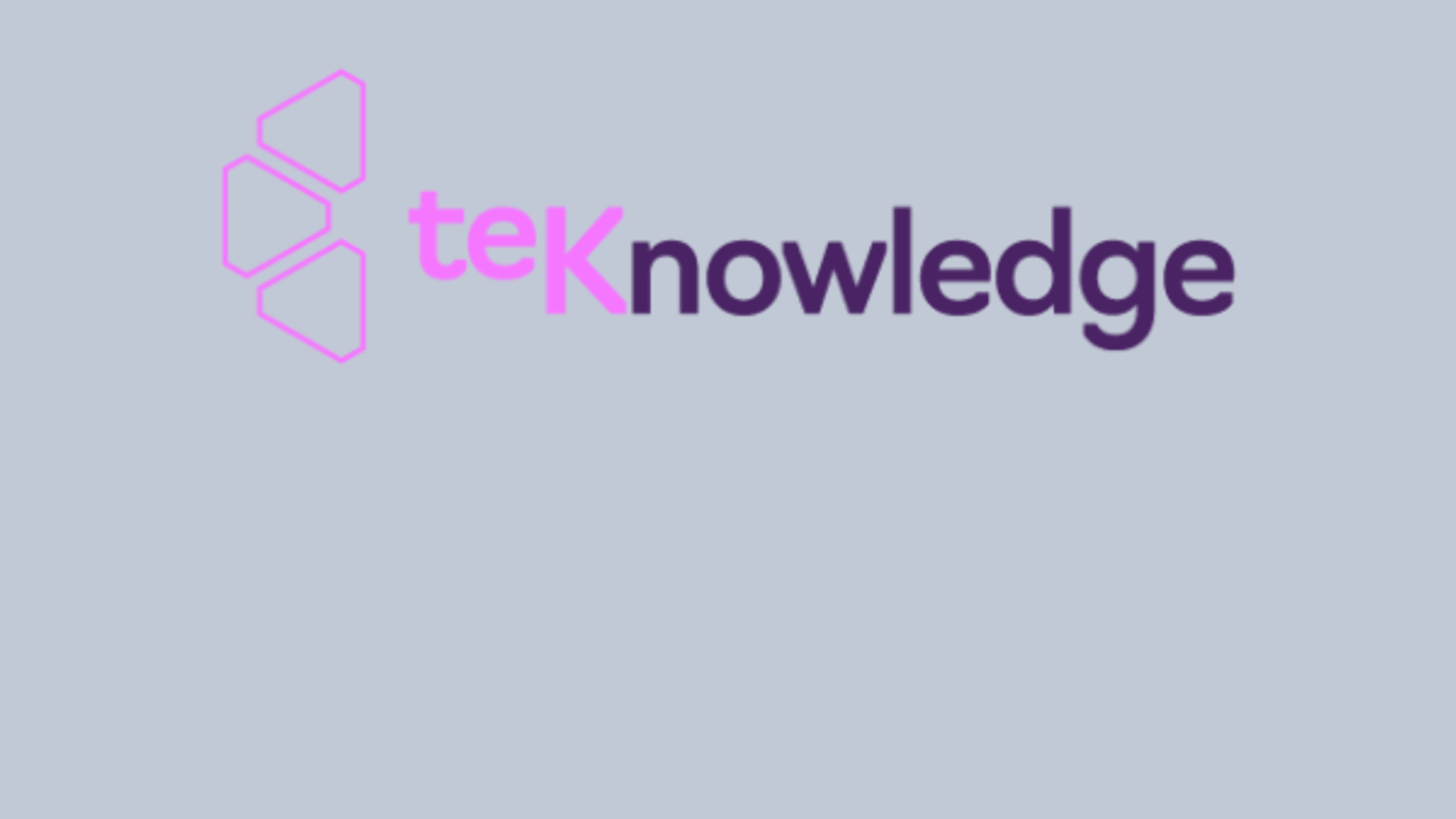Summarized by AI Model:google/pegasus-newsroom
Video on msnbc.com: Microsoft has revealed the start of a ground-breaking new skilling program in Kenya with the goal of educating one million individuals in cybersecurity and artificial intelligence by 2027. Microsoft's goal to democratise AI and provide people with the skills necessary to prosper in the digital economy is reflected in this effort, which is in line with Kenya's Vision 2030 and Digital Masterplan.Microsoft has revealed the start of a ground-breaking new skilling program in Kenya with the goal of educating one million individuals in cybersecurity and artificial intelligence by 2027. Microsoft’s goal to democratise AI and provide people with the skills necessary to prosper in the digital economy is reflected in this effort, which is in line with Kenya’s Vision 2030 and Digital Masterplan.
With over 50 million people, a median age of 19, and a sizable workforce working in the unorganised sector, Kenya offers a singular chance to close the skills gap and spur economic expansion via digital transformation. The Kenya Digital Masterplan and Vision 2030 highlight the nation’s dedication to promoting innovation in a range of industries and improving digital capabilities. Kenya is a great place to find AI talent because top industries including financial services, telecommunications, and agriculture are set to undergo major AI revolution.
By encouraging innovation and digital transformation in a variety of fields, including government, business, education, and non-profit organisations, this skill-building program seeks to significantly influence Kenya’s digital economy. The initiative’s goal is to equip industry professionals and SMEs with the necessary skills to incorporate AI into their operations by 2027, which will boost economic growth and create jobs. Additionally, by developing educators’ and students’ AI capacity, the initiative hopes to improve educational quality. Through the use of AI-driven solutions, the skilling program will increase service delivery and efficiency in government agencies while promoting innovation and digital transformation across important sectors.
“Kenya is the ideal site for our skilling effort because of its thriving tech sector and dedication to digital transformation. Winnie Karanu, Director of the AI National Skills Initiative for Kenya at Microsoft, says, “We are thrilled to equip individuals, SMEs, and organisations with the skills necessary to succeed in any sector, including tech.” With platforms like the Kenya Skills Hub and Smart Academy, the ambitious effort aims to teach one million individuals in AI and cybersecurity. By giving people advanced skills, the initiative aims to build a strong pool of talent in AI and cybersecurity.
Microsoft will work with government agencies, such as the Public Service Commission (PSC) and the Ministry of Information Communication and the Digital Economy (MOICT), to create cybersecurity and AI policies and improve citizen skilling. Platforms like Jitume centres and the Ajira program will be crucial to this training initiative, filling in the gaps in digital skills across the country. The initiative’s main goal is education, with an emphasis on building a pipeline of AI specialists at all educational levels. In order to ensure sustainable talent growth, the project will introduce AI University tours, faculty immersion programs, AI Research Catalyst Programs, and AI Innovation Labs in collaboration with important universities, spanning from K–12 to universities and vocational training facilities.
The project will also support community-impact and social organisations like the Africa Centre for Women in ICT (ACWICT), Power Learn Project, Stanbic Kenya Foundation, and KEPSA. The program is to increase the ability of these groups in order to provide AI skills training to Kenya’s youth and underprivileged communities, hence expanding access to AI education. Lastly, in order to propel AI transformation and spur economic growth, the program focusses on sectors that are vital to Kenya’s economy, such as financial services and agriculture. The initiative envisions an AI-powered future that enhances both human skills and the national economy through this multifaceted approach.
For students looking for content and information on AI skilling opportunities, the AI Skills Navigator is a premier skilling resource. It creates a learner-focused experience by combining educational materials from all throughout Microsoft. In collaboration with MOICT, live bootcamps and in-person training sessions will propel citizen skilling at scale, giving students the fundamental and advanced AI abilities they need. By developing educators’ and students’ AI skills, comprehensive AI education programs for K–12 students and instructors, in collaboration with the Ministry of Education and other educational institutions, will improve educational quality and equip the next generation for the digital future.
Along with financing and support for AI research projects in partnership with universities and research institutions through the AI Research Catalyst Program, this upskilling of educators will also include a Faculty Immersion Program to improve university faculty AI teaching capabilities and support AI research initiatives.
The AI skilling effort expands upon past Microsoft-sponsored programs in Kenya that aim to increase digital literacy and technological proficiency. The Public Service Commission, Microsoft, the UNDP, and the Kenyan government have collaborated to create a Centre of Competence that has the potential to revolutionise the provision of public services. Over the next three years, the centre hopes to train 300,000 public servants, with 50,000 policymakers, organisation leaders, and users receiving training in the first year.
A team is leading cybersecurity campaigns to educate users and organisational leaders about AI and cybersecurity in partnership with industry organisations like KEPSA and the Kenya Bankers Association. Additionally, the team will offer industry leaders comprehensive training on AI and cybersecurity in collaboration with ALN law firm and other partners.
In an effort to strengthen the cybersecurity talent pipeline in the technology industry, Microsoft is also collaborating with Cyber Shujaa through its Africa Development Centre to train 100 young people in cybersecurity. United States International University Africa (USIU) and Serianu are partners in this program. “It reaffirms Microsoft’s ongoing commitment to building the digital skills needed to position Kenya for long-term success in the global digital economy, and it supports the Kenyan Government’s goal to firmly position Kenya as a global leader in AI talent,” Karanu continues.


